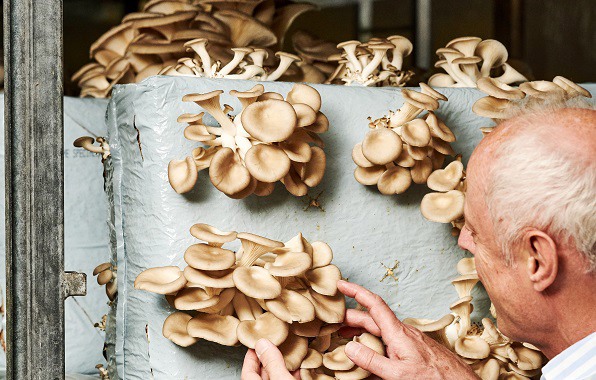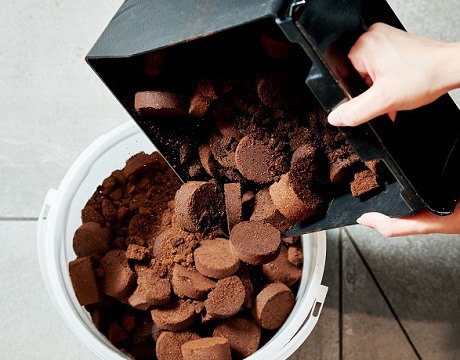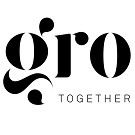One of the challenges the mushroom sector will face in the future is raw material availability. That’s used in the compost these products grow on and is a vital link in mushrooms’ circular cultivation. The Amsterdam-based company, GRO, has found a solution for oyster mushrooms, at least. Coffee grounds.
The company collects these grounds from various partners. “We add other raw materials, but this farming is based on coffee machine waste,” explains Wouter Muis. “We get these coffee grounds from, among other places, several large fruit and vegetable wholesalers. They collect it from their clients and, so, we involve logistics in this circular economy."

"We opted for this medium, not only because it’s suitable for this kind of cultivation. But, also because we have a reasonably large surplus of it in the Netherlands. The Netherlands, as a coffee-drinking nation, ranks third in the world. So, there are plenty of opportunities for other projects that could use coffee grounds as a substrate.”
Most of GRO’s oyster mushrooms are processed into meat replacement products. “Oyster mushrooms are considered the steak of the mushroom world," says Wouter. "So, they’re perfectly suited to this role in the protein transition. It’s a very versatile product too. You can use them as alternatives for meat by, say, processing them into ragout. Or add them to meat in a blended burger patty."
"In these products, meat is mixed with plant-based products. So, people cut back on meat consumption. We also, of course, focus on introducing such vegetable products to the market. These include items like croquettes, ‘bitterballen’, and ragout sandwiches. Several promotions have shown that people can hardly differentiate between the structure of oyster mushrooms and regular meat.”

GRO sells most of its mushrooms to the foodservice sector. “This sales channel makes up 85% of our revenue. The remaining 15% goes to retailers. Up till now, mainly to branches in Amsterdam and the online supermarket, Crisp. Jumbo will distribute our mushrooms nationwide. Sales were dismal a few months ago because of the coronavirus. We partly compensated for this by selling to local bakeries and butchers in Amsterdam, who were faring better."
"Fortunately, things have picked up in recent months. But, that was no reason for us to sit back. We now sell our products to the foodservice sector throughout the country. We’re also looking toward Belgium. We’re exploring the Scandinavian and German markets too. We want to sell our oyster mushroom patties, ragouts, and ‘bitterballen’ there,” Wouter concludes.
Wouter Muis
[email protected]
 GRO Mushroom b.v.
GRO Mushroom b.v.
Nieuwe hemweg 2
1013 BG Amsterdam
T: + 31 020 486 4004
[email protected]
www.gro-together.com
